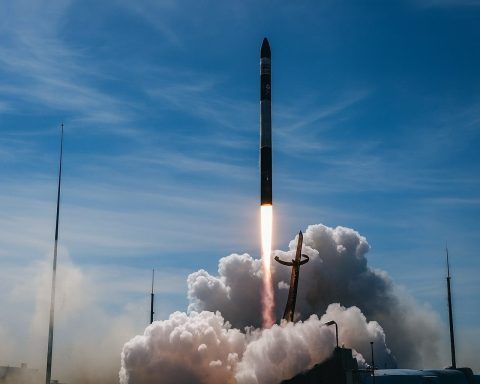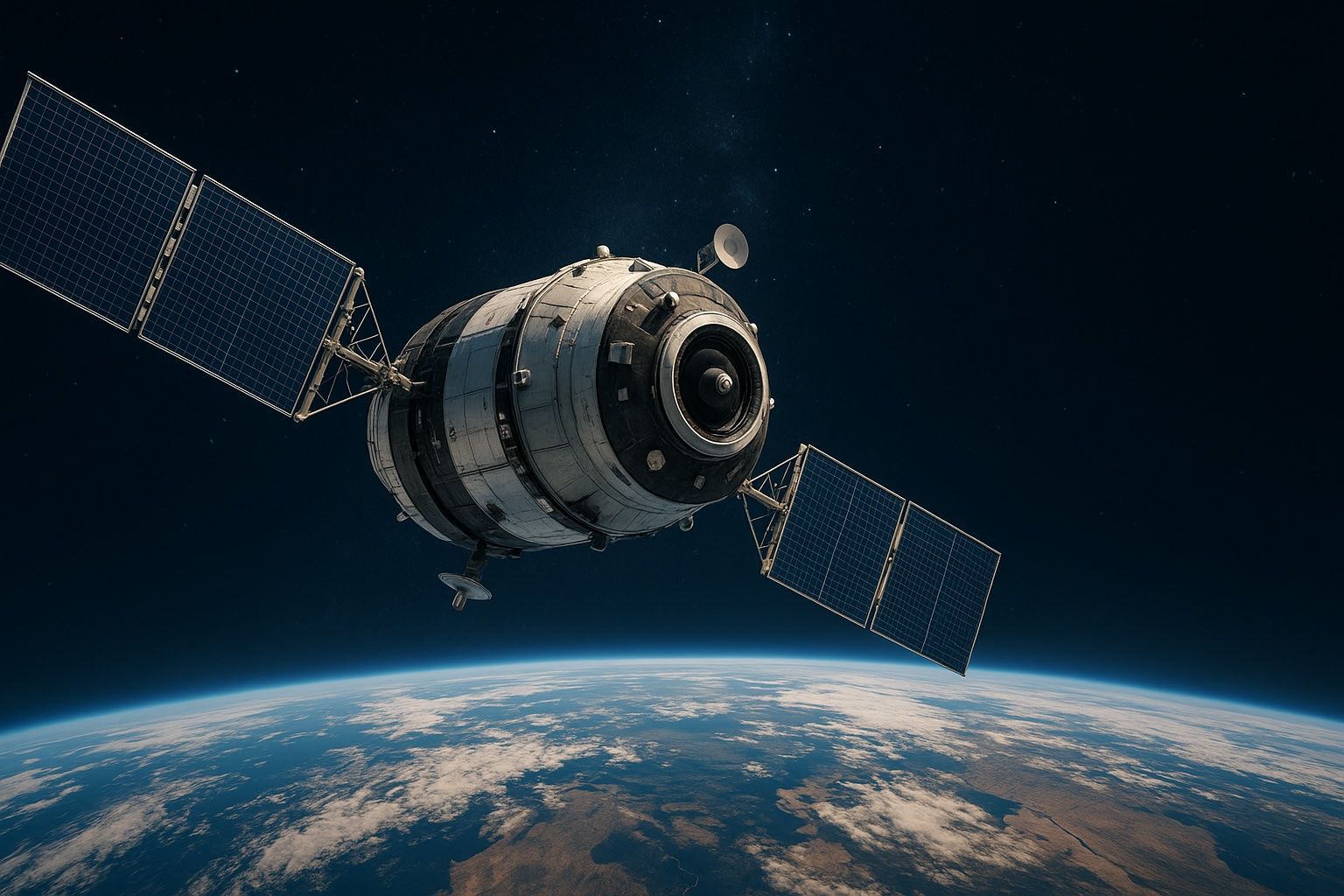
Space & Satellite Stocks Today: Rocket Lab (RKLB), Viasat (VSAT), Planet Labs (PL), Spire (SPIR), Iridium (IRDM) and Globalstar (GSAT) — News, Forecasts and Analysis for Dec. 17, 2025
Space and satellite stocks are back in the spotlight on Wednesday, December 17, 2025, as investors juggle a busy mix of government launch schedules, fresh earnings, analyst price targets, and connectivity breakthroughs—all while the broader U.S. market digests shifting expectations for interest





